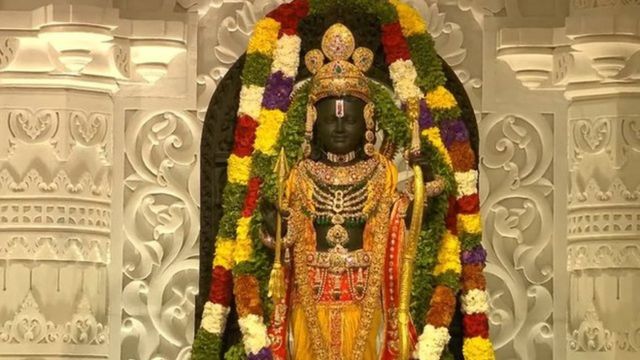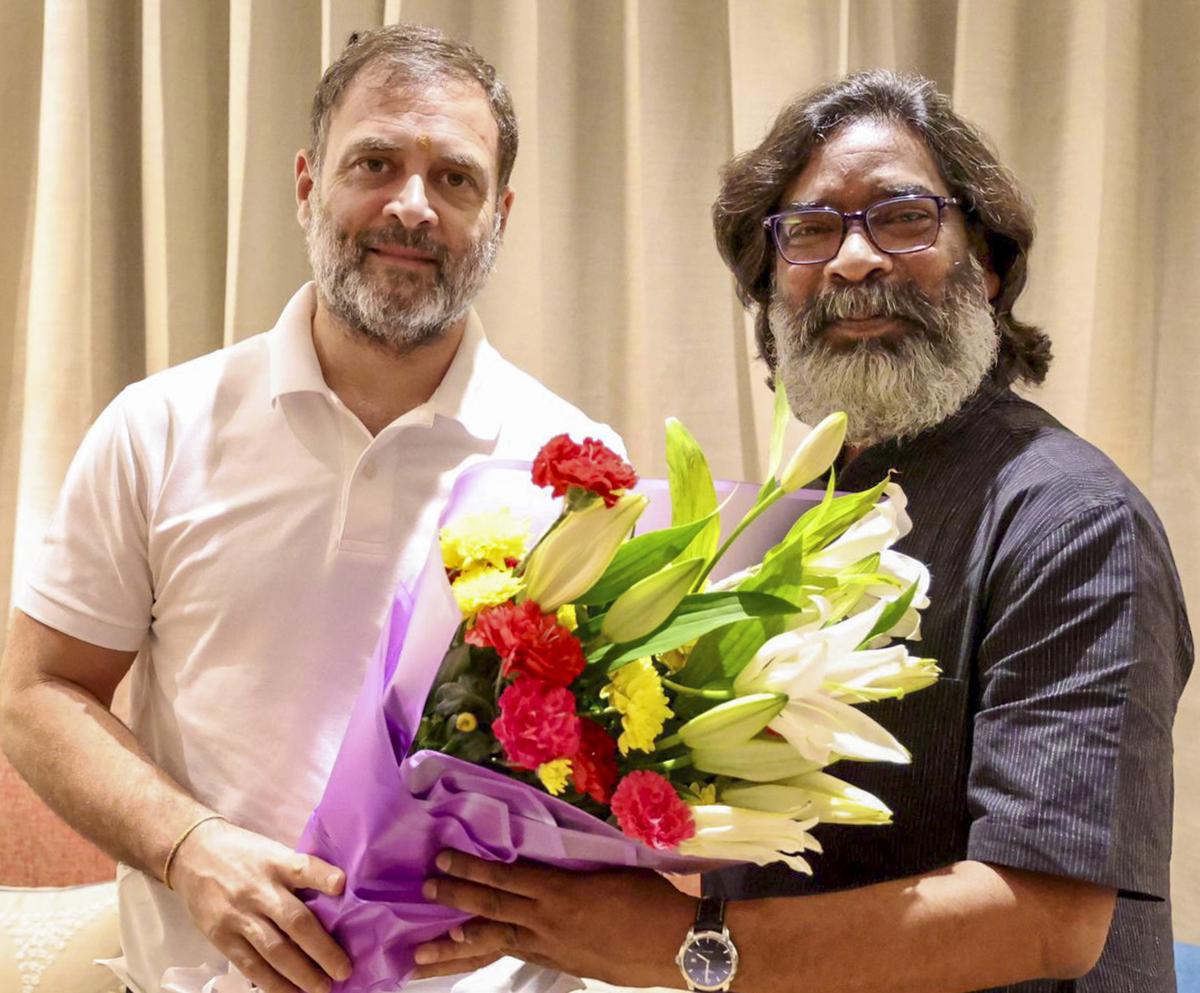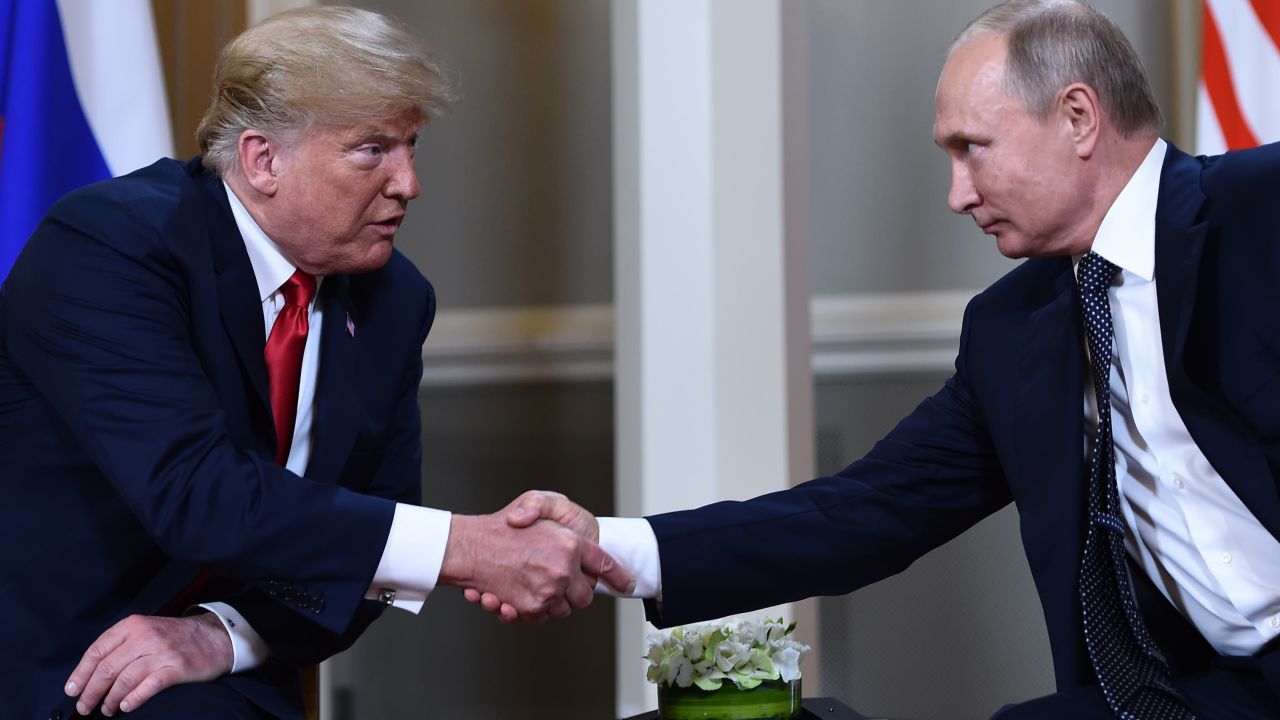Prime Minister Narendra Modi’s visit to France marked a significant milestone in India-France relations, encompassing key diplomatic, economic, and strategic discussions. During his trip, he co-chaired the AI Action Summit in Paris alongside French President Emmanuel Macron, reinforcing a shared commitment to responsible and human-centric artificial intelligence development. The summit saw the launch of the Public Interest AI Platform and Incubator, aimed at bridging digital divides and fostering collaboration between public and private sectors.
 A major highlight of the visit was the inauguration of the new Indian consulate in Marseille, a move welcomed by the Indian diaspora. The consulate, India’s second diplomatic mission in France after its embassy in Paris, is expected to strengthen people-to-people ties and offer essential services to the Indian community in southern France. Many members of the diaspora expressed gratitude, emphasizing how it would ease consular processes that previously required travel to Paris.
A major highlight of the visit was the inauguration of the new Indian consulate in Marseille, a move welcomed by the Indian diaspora. The consulate, India’s second diplomatic mission in France after its embassy in Paris, is expected to strengthen people-to-people ties and offer essential services to the Indian community in southern France. Many members of the diaspora expressed gratitude, emphasizing how it would ease consular processes that previously required travel to Paris.
Modi and Macron also visited the International Thermonuclear Experimental Reactor (ITER) in Cadarache, a global project focused on nuclear fusion energy. Their visit underscored the shared interest in advancing clean energy technology and scientific cooperation. The leaders acknowledged the progress in assembling the world’s largest fusion reactor, Tokamak, which aims to produce 500 MW of nuclear fusion energy.
During high-level talks, India and France reaffirmed their strategic partnership, particularly in defense, space technology, and civil nuclear cooperation. Discussions included potential French interest in acquiring India’s indigenous Pinaka Multi-Barrel Rocket Launcher system, further deepening defense collaboration. Both nations also stressed the importance of the India-Middle East-Europe Corridor (IMEC), an initiative launched at the G20 Summit in Delhi in 2023, which aims to enhance connectivity and economic growth across the regions.
Macron reiterated France’s unwavering support for India’s bid for permanent membership in the United Nations Security Council, emphasizing the urgent need for reforms within the global body. The leaders also called for AI governance that reflects democratic values, ensuring the technology is harnessed for the common good.
A particularly emotional moment during Modi’s visit was his tribute at the Mazargues War Cemetery, where he paid homage to fallen Indian soldiers who served in the World Wars. He also acknowledged the historical significance of Marseille in India’s freedom struggle, recalling Veer Savarkar’s courageous escape attempt and the French activists who advocated against his extradition to British authorities.
On the economic front, Modi engaged with business leaders at the India-France CEO Forum, positioning India as a premier investment destination. He highlighted India’s advancements in artificial intelligence, semiconductors, and space technology, encouraging global businesses to participate in the country’s rapid digital transformation. Google CEO Sundar Pichai met Modi to discuss AI’s potential for India and ways to enhance cooperation in the digital sector.
Looking ahead, 2026 has been designated the “India-France Year of Innovation,” a step aimed at strengthening collaboration in science, research, and technology. This aligns with the Horizon 2047 roadmap, which outlines a long-term vision for the strategic partnership between the two nations.
After concluding his engagements in France, Modi departed for Washington to meet U.S. President Donald Trump, marking the next leg of his overseas visit. His time in France was a testament to the deepening ties between the two nations, not just in diplomatic and economic spheres but also in cultural and historical contexts. The visit underscored India and France’s shared vision for a future shaped by innovation, security, and mutual growth.




